Kristine Kukich, the principal owner of Training Sherpa and a recognized authority in customer education, delivered a compelling session at Propel24 on the transformative impact of AI on customer education.
Kristine's session focused on how AI is revolutionizing customer education. She began with a foundational definition of customer education and then delved into how AI can enhance this field. Her talk highlighted the use of AI tools to personalize learning, develop content efficiently, and leverage data analytics for better decision-making. She also shared practical examples and insights on integrating AI into customer education strategies. In this blog, we'll explore all the key ideas she shared and their practical applications.
Defining customer education
Customer education is the process of enabling customers to fully realize the value of their technology investments through structured learning, knowledge transfer, and adoption at scale. It's essential for organizations, especially those with small teams, to utilize tools and strategies that allow scaling education efforts effectively. AI, in this context, is not a replacement but an augmentation of existing educational strategies. It helps in creating personalized learning experiences, developing content faster, and analyzing data more effectively.
Five main areas where AI can be applied in customer education
Kristine outlined five key areas where AI can be effectively applied in customer education:
1. Personalization
- AI can tailor educational content based on role, geography, organizational size, and user persona. This ensures that users receive relevant and engaging materials suited to their specific needs.
- Kristine highlighted how AI tools can adapt learning paths and materials dynamically, providing a customized experience that can significantly enhance learning outcomes.
2. Gamification
- AI can enhance gamification efforts, as seen in applications like Duolingo. This approach uses competition and self-improvement incentives to drive engagement and retention in learning programs.
- By analyzing user behavior and preferences, AI can adjust the difficulty level and type of gamified content, making the learning experience both challenging and enjoyable.
3. Assessments
- AI can generate comprehensive assessment questions and certification exams. It can also create distractors (wrong answers) efficiently, saving significant time in test development.
- Kristine shared examples of how AI can create multiple-choice questions with correct and distractor answers, highlighting the importance of precise prompt engineering for effective results.
4. Content development
- AI accelerates the creation of educational content by drafting initial versions, thus reducing the time required for content creation. This is particularly useful for developing course descriptions, social media posts, and video scripts.
- Kristine described her process of using AI to generate various content pieces from a single source, emphasizing the efficiency gains and creative possibilities.
5. Data analytics
- AI's ability to aggregate and analyze data from multiple sources helps in real-time decision-making. This includes integrating data from support systems, customer health scores, sales tools, and learning management systems.
- By leveraging AI for data analytics, organizations can gain deeper insights into learner behaviors, preferences, and outcomes, enabling more informed strategic decisions.
Generative AI and practical applications
Kristine shared her experience with various generative AI tools like ChatGPT, Claude, Gemini from Google, Pi.ai, and Microsoft's Copilot. These tools help draft content, create video scripts, and generate social media posts. She emphasized the importance of precise prompt engineering to get accurate and useful outputs from AI tools. By providing clear instructions and examples, users can achieve better results with less iteration.
Practical examples
Kristine provided several practical examples of how she uses AI in her daily work:
- Creating assessment questions: By using AI, she could generate multiple questions for courses and certification exams, significantly reducing the time spent on this task. This process included generating correct answers and distractors, ensuring a robust assessment experience.
- Generating course descriptions and social media posts: AI tools helped draft content for her podcast episodes and social media, streamlining her publishing process. Kristine shared how she uses generative AI to create engaging and informative posts, which she then refines to align with her brand voice.
- Developing multiple assets from a single interview: AI tools enabled her to create various content pieces, such as video snippets, case studies, and blog posts, from a single customer interview transcript. This approach maximizes the value of each piece of content and ensures consistency across different formats.
Challenges
Getting AI to match the voice and tone of the brand requires training and refining prompts. Using sample documents and providing clear instructions can improve the accuracy of AI-generated content. Kristine highlighted a practical example where she used AI to generate comprehension questions, certification questions, and distractors, saving significant time in the process. She stressed the importance of iteration and adaptation to achieve the desired outcomes.
Efficiency gains
AI tools have proven to save substantial time in content creation and data analysis. Kristine reported time savings of up to 30% in some cases, allowing her to focus more on strategic tasks. By automating repetitive and time-consuming tasks, AI enables customer education professionals to dedicate more time to high-value activities, such as strategic planning and personalized learner support.
AI is the future of customer education
Kristine's session at Propel24 offered invaluable insights into the practical application of AI in customer education. By leveraging AI tools, customer education professionals can enhance personalization, speed up content creation, and make data-driven decisions more efficiently. As AI continues to evolve, its integration into customer education strategies will undoubtedly drive greater success and innovation in the field.
For those interested in staying updated with Kristine's work and insights, follow her on LinkedIn and check out her YouTube channel, Mixology, which explores the intersection of customer education and customer marketing.
To watch Kristine's full session recording and other Propel24 sessions, visit Rocketlane TV.
Learn how Rocketlane helps services and onboarding teams to deliver projects on time and on budget. Book a demo with us today!


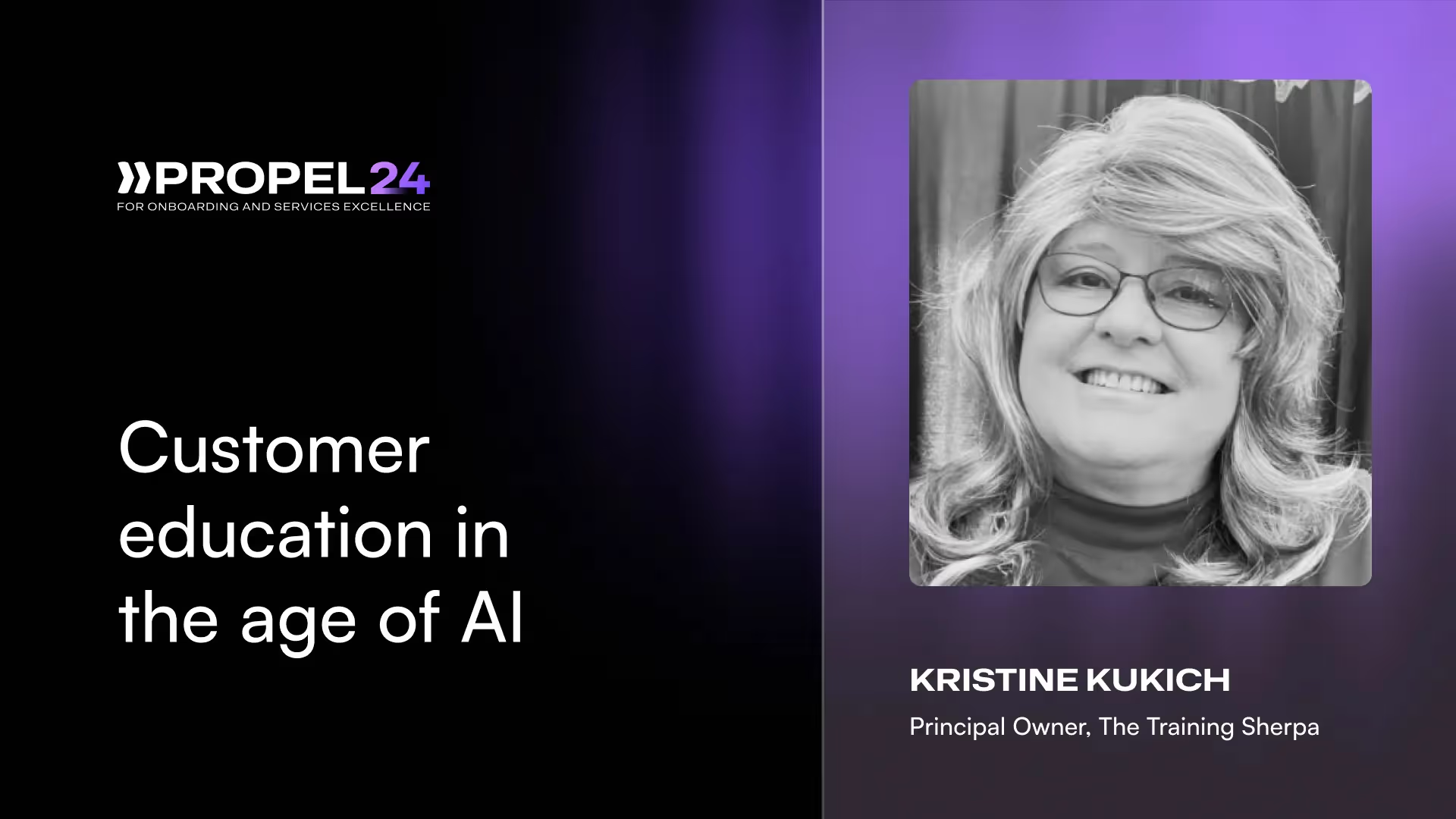


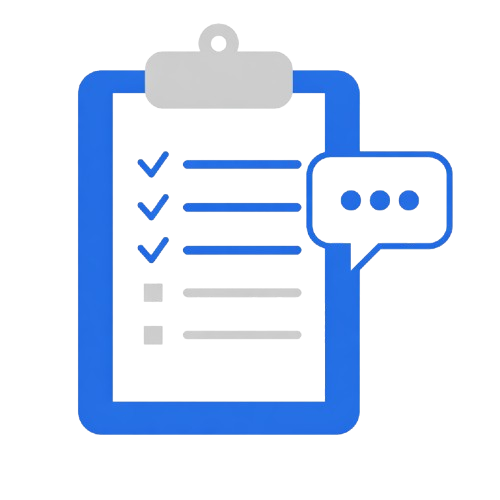















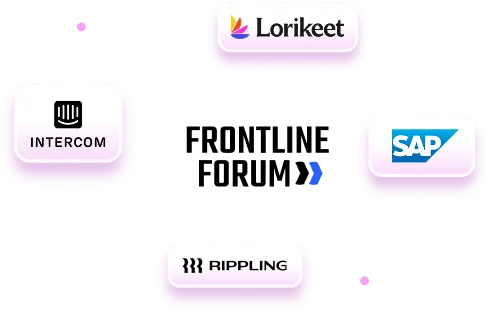
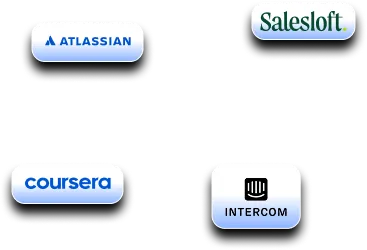
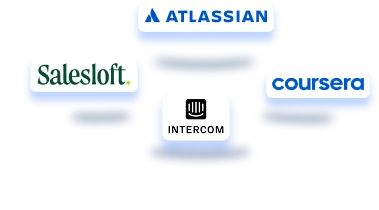

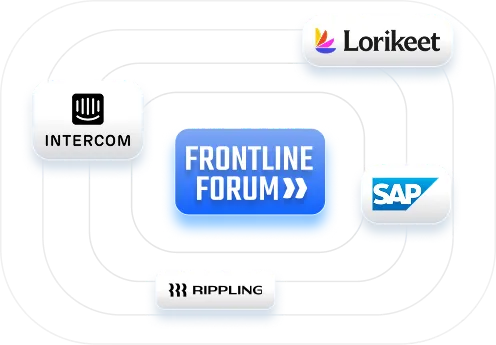
.webp)